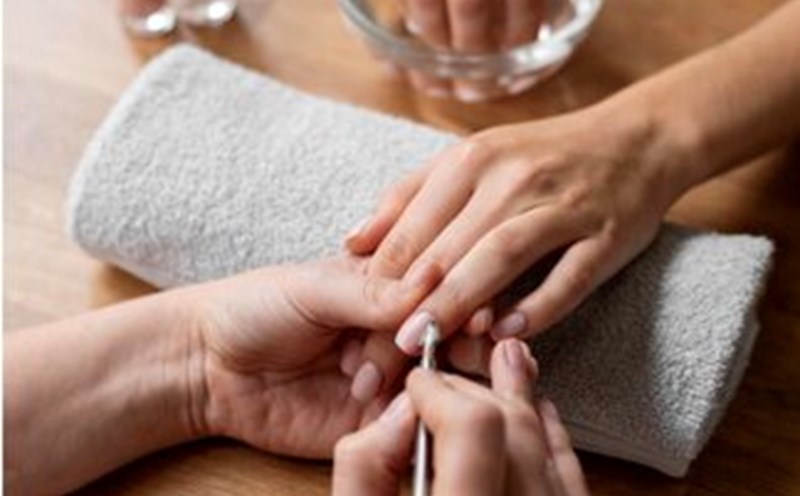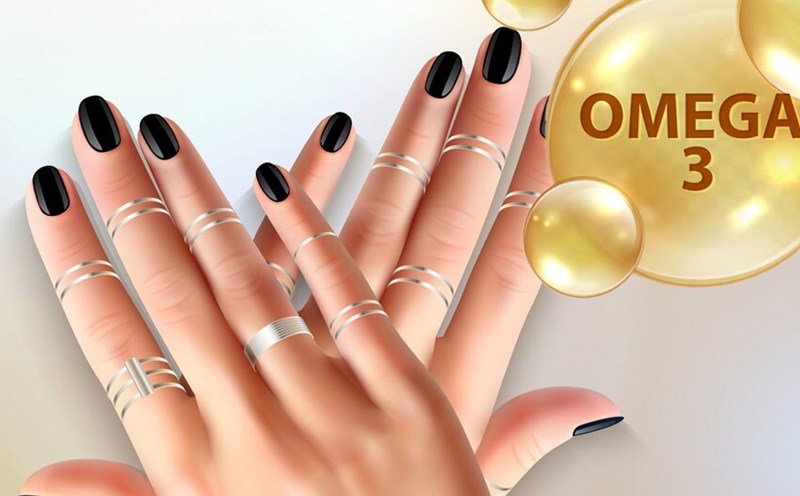Since September 1, the European Union (EU) has officially issued a ban on the use of gel nail paint containing Trimethylbenzoyl diphenylphosphine oxide (TPO) - a popular photoactive in cosmetics.
This decision comes from concerns about the risk of cancer, allergies and reproductive toxicity that TPO may bring.
According to dermatologist and cosmetic surgeon Ameesha Mahajan, founder of the skin care and cosmetic clinic chain Eden Skin Clinic (UK), gel paint is popular for its color-resistant shade and ability to dry quickly under UV/LED lights.
However, the strong chemical composition in the product including solvent, acrylate and TPO has many potential risks such as easily irritating the skin, weakening natural nails, accelerating skin aging and the risk of damage caused by UV rays.
Notably, TPO has been classified as a CMR (cancer-causing, dramatic or reproductive toxic). Studies show that this compound can affect fertility, harm the fetus and cause skin allergic reactions.
Therefore, the EU has issued a ban to protect consumers' health in the long term.
So, what is a safe alternative?
Dr. Mahajan recommends:
- Prioritize regular nail paint that does not contain harmful chemicals (line series 3-free or 10-free).
- Use a submerged or fake nail for high durability without exposing to UV rays.
- Choose a TPO-free gel paint or a safer LED light treatment gel.
Focus on natural nail care: oil, polishing and keeping the skin lining healthy to have a smooth nail set without relying on artificial products.
Experts also recommend that before using any nail paint, especially for people with sensitive skin or a history of allergies, they should try it on a small area of skin (for example, the face in the wrist) and monitor it for 24 hours.
If you experience unusual signs such as itching, redness, or swelling, stop immediately and consult a dermatologist.
The EU ban is considered an important step forward in minimizing health risks from beauty products, while reminding consumers to be more cautious when choosing cosmetics for themselves.










